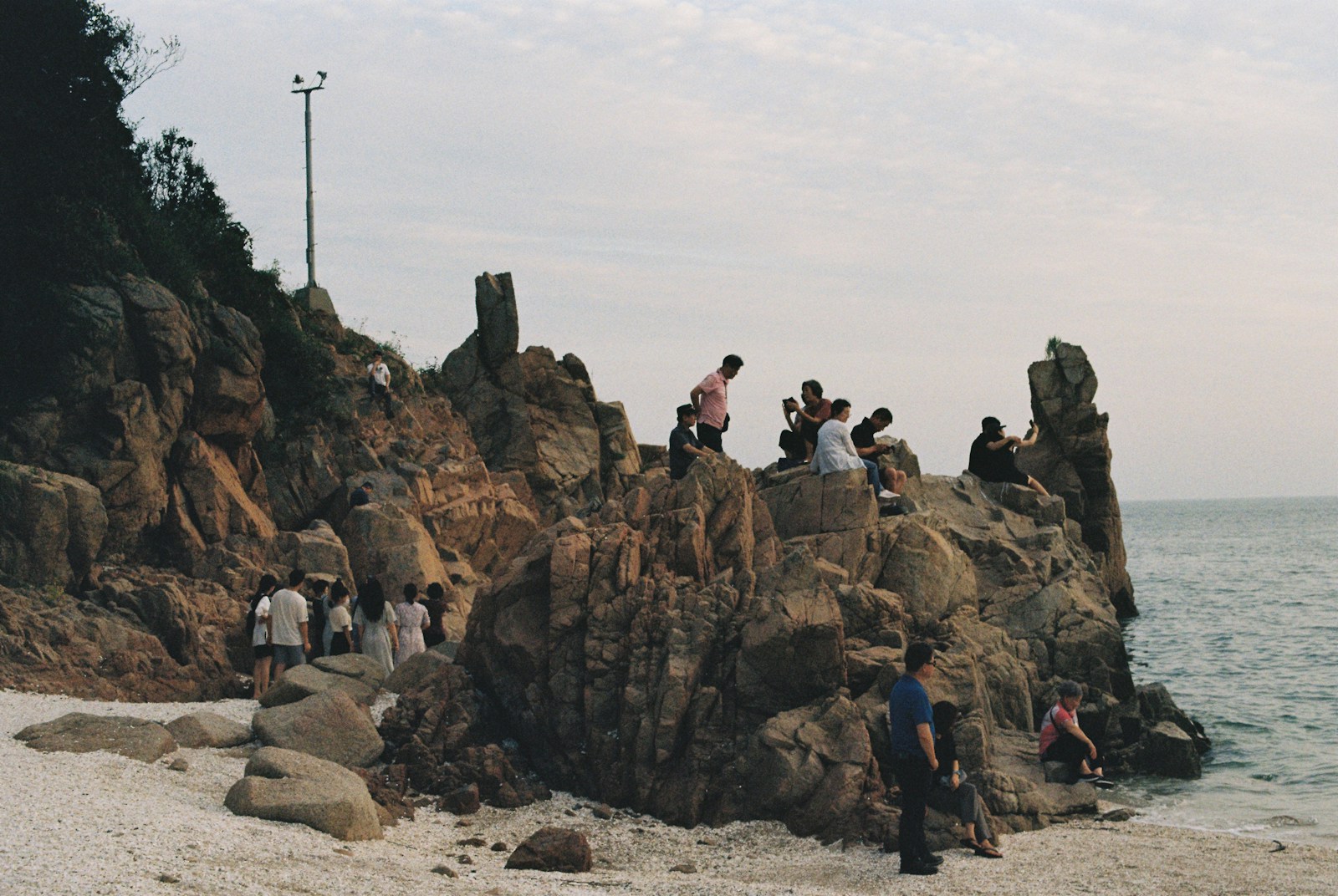
The Wild Coast challenge has brought local communities in South Africa into a high-stakes legal confrontation with Shell and its local partner, Impact Africa. At the center of the dispute is the renewal of offshore exploration rights originally granted in 2014, which were previously deemed unlawful due to insufficient public consultations. The case underscores the tension between corporate ambitions and environmental and cultural protections.
For the residents of the Wild Coast, the Wild Coast challenge represents a fight to protect their livelihoods, marine resources, and cultural heritage. Local organizations argue that seismic blasting, involving powerful underwater air explosions, could severely disrupt marine life and fisheries that sustain the community. Their legal action emphasizes the constitutional principle that no governmental or corporate action should occur without proper public consultation and environmental assessment.
The Constitutional Court hearings in September 2025 follow a series of prior legal decisions. In 2022, the High Court ruled that Shell’s exploration rights were granted unlawfully, halting offshore activities. The Supreme Court of Appeal later suspended that ruling in 2024, allowing Shell to seek renewal. Communities and environmental groups quickly appealed, arguing that renewing rights without fresh consultations violates constitutional fairness and equality principles.
The Wild Coast challenge highlights significant environmental and cultural concerns. Experts warn that seismic surveys could damage marine ecosystems, including fish and coral populations critical to local communities. Beyond ecological impact, residents emphasize that the coastline holds cultural and spiritual value, making its preservation vital. For a broader view of South Africa’s environmental advocacy, see WWF South Africa Oceans.
Local communities have mobilized extensively, organizing marches and campaigns against Shell’s exploration plans. The Wild Coast challenge reflects not just a legal fight but also a social movement, demonstrating the power of grassroots activism. Community engagement, petitions, and media outreach have kept the issue in the public eye, ensuring that corporate accountability remains a priority.
The government’s role in granting and renewing exploration rights has been central to the controversy. Critics argue that insufficient consultation with affected communities violated constitutional mandates. The Wild Coast challenge thus questions not only corporate practices but also governmental accountability. For insights on local regulatory frameworks and legal compliance, see our internal article South Africa Environmental Laws Overview.
The Wild Coast challenge has implications far beyond the immediate dispute. Constitutional lawyers note that the outcome could set important legal precedents regarding public consultation, environmental protection, and corporate responsibility. The case illustrates how communities can leverage constitutional rights to safeguard natural and cultural resources against corporate overreach.
Extensive media attention has amplified the Wild Coast challenge, highlighting the communities’ plight and putting pressure on both Shell and government regulators. Public scrutiny ensures transparency and accountability, creating a broader dialogue on environmental justice and corporate ethics in South Africa.
Shell and its partner, Impact Africa, argue that exploration could generate economic benefits, including job creation and investment. However, critics stress that these potential gains must be weighed against long-term ecological damage and threats to local livelihoods. The Wild Coast challenge forces a reevaluation of how economic development projects align with environmental and social responsibilities.
The Wild Coast challenge exemplifies the tension between corporate ambitions, governmental oversight, and community rights. As the Constitutional Court deliberates, the outcome will influence environmental governance, community empowerment, and corporate accountability in South Africa. The case underscores the necessity of balancing economic growth with ecological preservation and cultural respect.